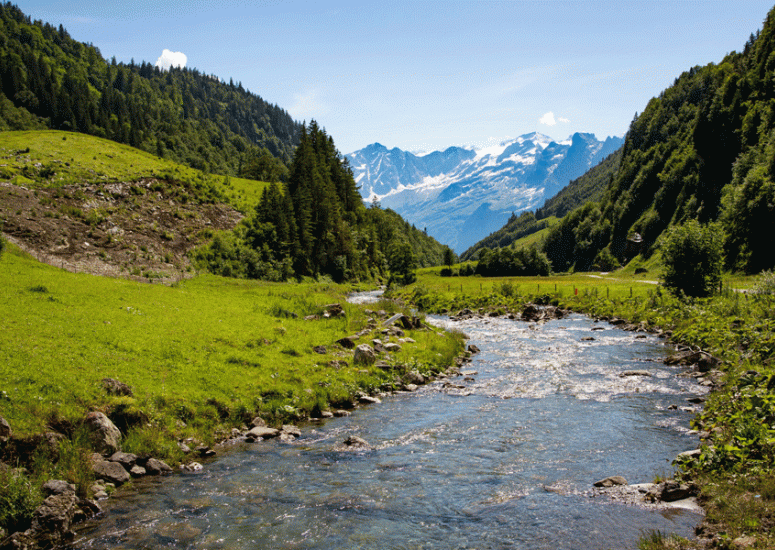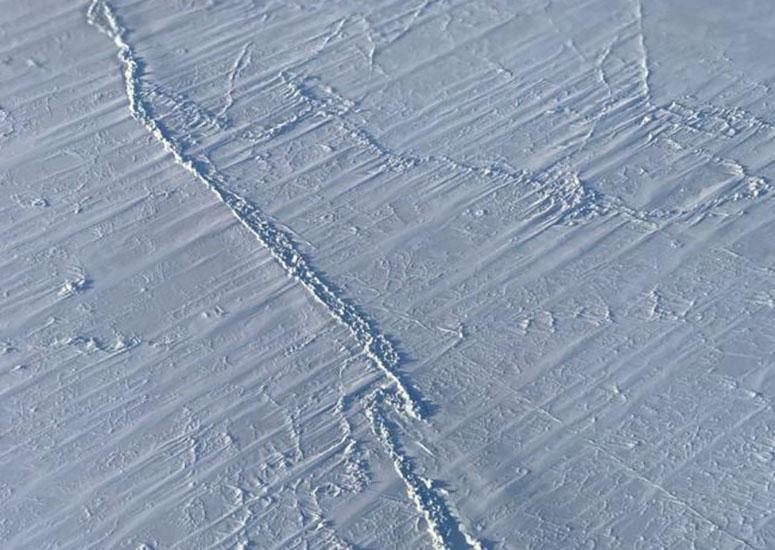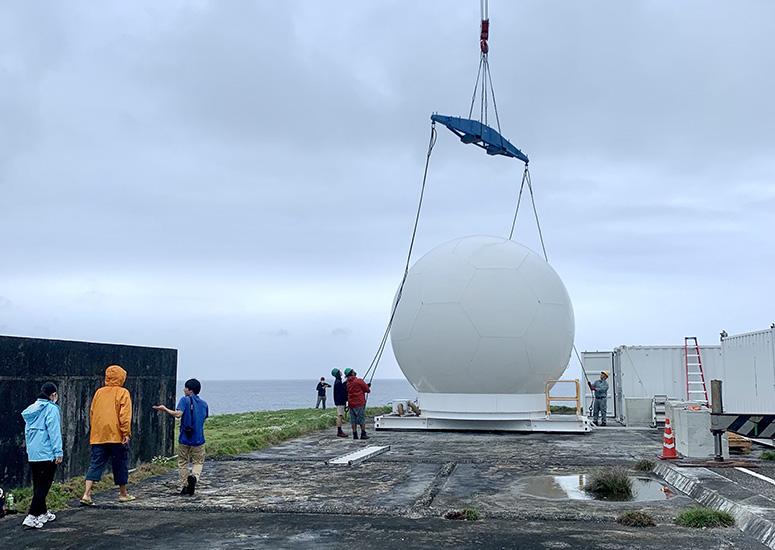-

Water resources to become less predictable with climate change
Water resources will fluctuate increasingly and become more difficult to predict in snow-dominated regions across the Northern Hemisphere, new research shows.
- Climate,
- Water
-

New study focuses on the impact of nuclear war on the oceans
New research finds that nuclear war would devastate the ocean, causing a steep drop in water temperature, collapsing the marine food web, and spurring significant growth of Arctic sea ice.
- Climate
-

NCAR joins international field campaign to study extreme rainfall in Pacific
A field campaign to study extreme rainfall is underway this summer, bringing together an international team of atmospheric experts in one of the wettest areas of the globe. Based out of western Taiwan and a southern island of Japan, the Prediction of Rainfall Extremes Campaign in the Pacific (PRECIP) research team, including experts from the National Center for Atmospheric Research (NCAR), will be carefully collecting data and observations of the extreme storms and monsoons that are common in this region.
- Weather
-
Kenneth Graham Named 17th Director of the National Weather Service
The University Corporation for Atmospheric Research (UCAR) congratulates Kenneth Graham for his selection as the new director of the National Weather Service (NWS) at the National Oceanic and Atmospheric Administration (NOAA).
- Organization
-
Scientists use AI to update data vegetation maps for improved wildfire forecasts
A new technique developed by NCAR uses artificial intelligence to efficiently update the vegetation maps that are relied on by wildfire computer models to accurately predict fire behavior and spread.
- Weather

